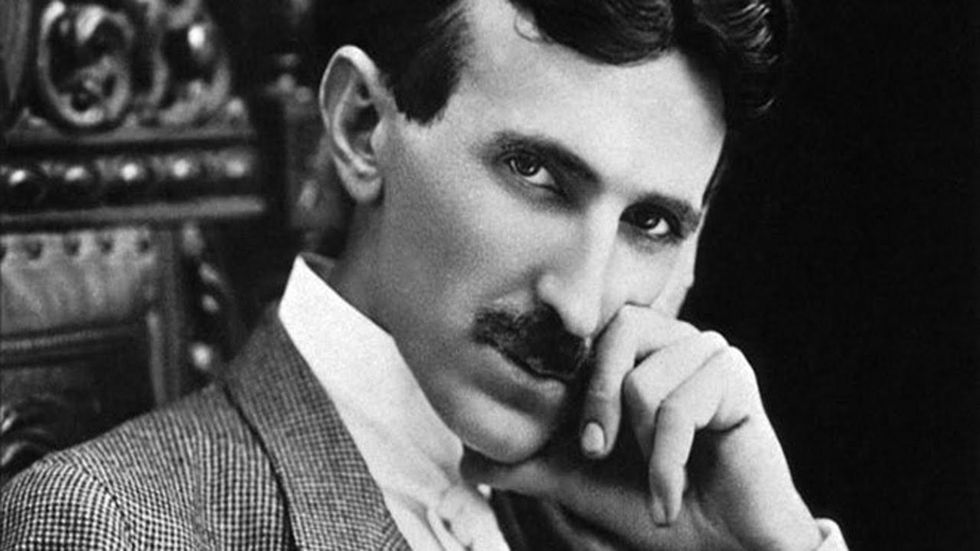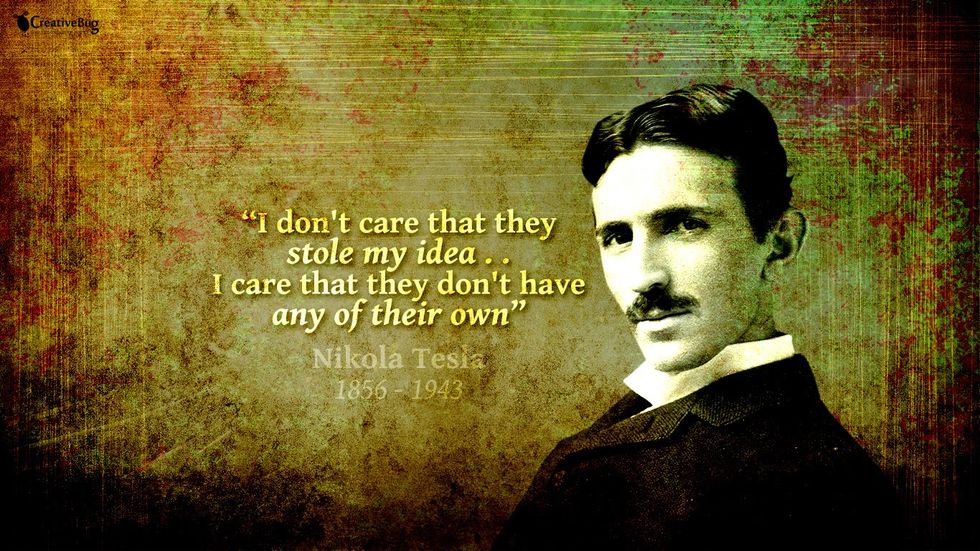When you think of the word "genius," you typically associate it with Albert Einstein. You may even think of Steven Hawking or Thomas Edison.
More than not, people do not think of Nikola Tesla as one of the most genius men to ever walk this planet, though. In fact, you may not even know who he is at all.
Recommended for you
Tesla laid the groundwork for most of today's technology -- including technology which General Motors, Thomas Edison and Westinghouse Electric are typically given the credit for (and when I say 'typically' I mean almost always).
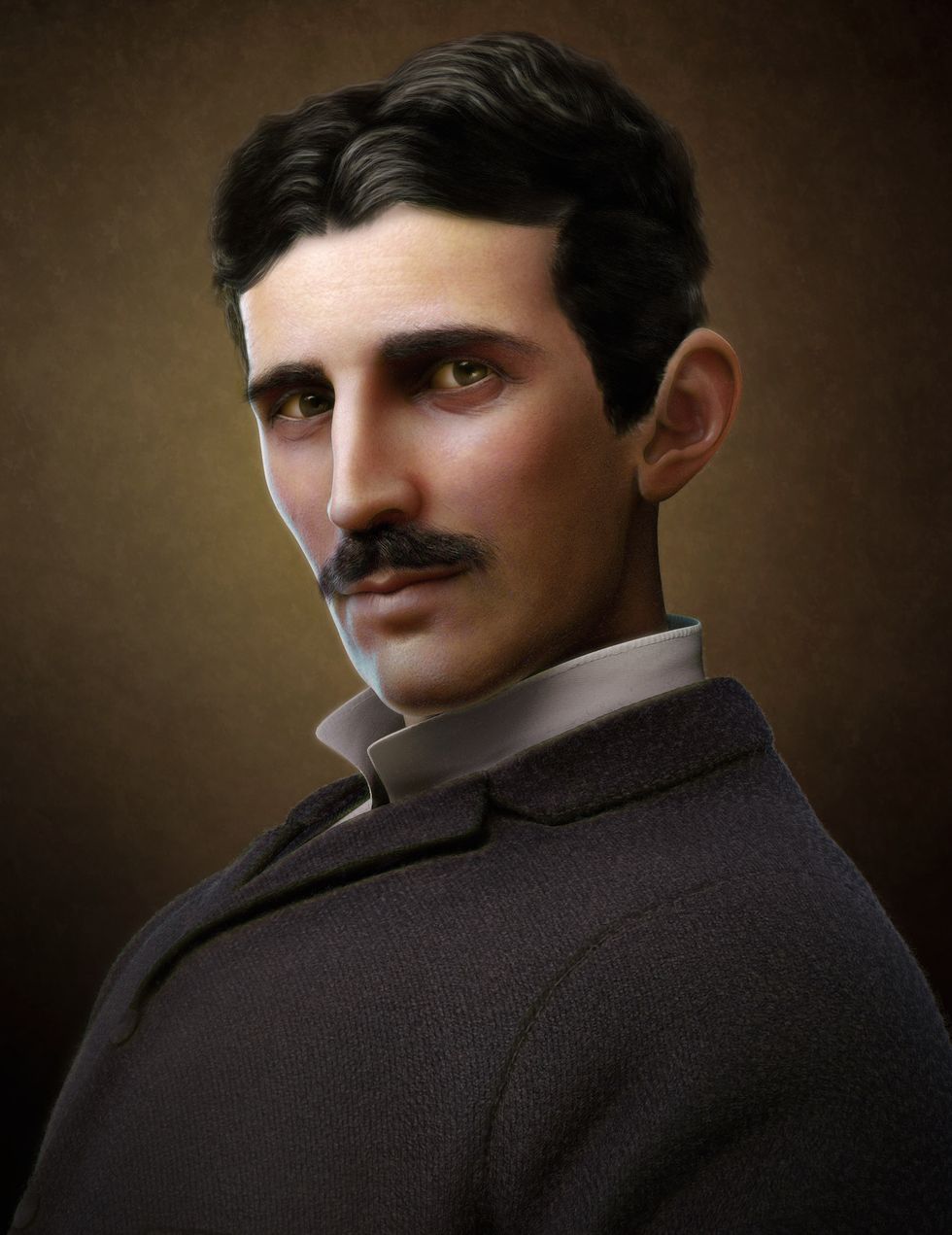
He's the forgotten scientist.
But, why?
It all boils down to one thing: money.
In 1882, Tesla began working for the Continental Edison Company in Paris. By 1884, Tesla was asked to move to America and work for Edison Machine Works. He only worked there for six months before quitting.
Yet somehow, Edison is given most of the credit for Tesla's major inventions.
The manager of Machine Works told Tesla if he came up with 24 "different types of machines," he would receive a $50,000 bonus.
In his autobiography, Tesla claims the manager, after reaching the bonus, explained, "Tesla, you don't understand our American humor."
While he was there though, Tesla made great moves for the Edison company. While Edison may be the father of electricity, his idea of 'DC' electricity wouldn't have worked until Tesla convinced him of 'AC' electricity. Tesla knew 'DC' electricity would not travel.
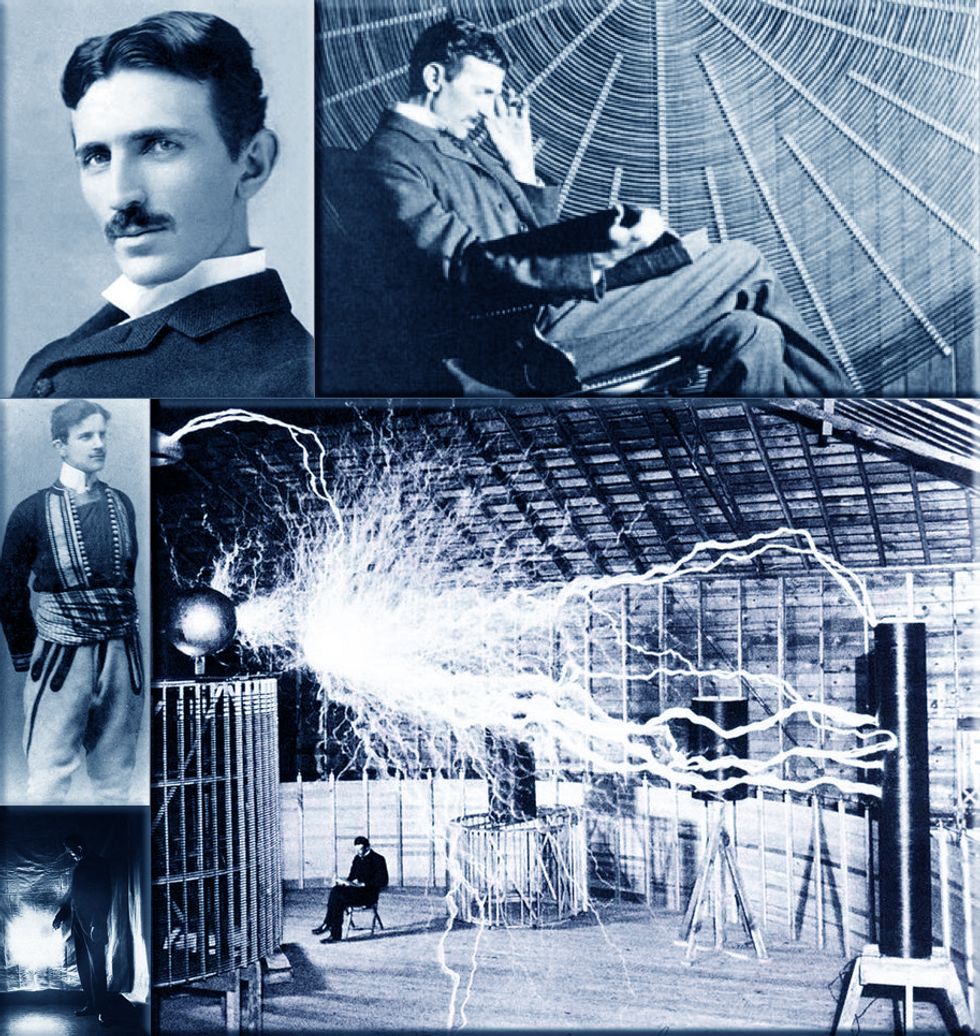
Tesla could very well be to thank for us having the ability to produce electricity in such large grid schemes for cities around the world. He just worked under Edison's name and money.
The difference between Edison and Tesla? Edison had money, and was a business man.
After leaving Edison Machine Works, he met with an attorney to obtain help with submitting patents for an arc lighting system.
With help of investors, Tesla started his own electric utility and manufacturing company, Tesla Electric Light and Manufacturing. Tesla's new system got a lot of attention in technical press, who all commented on his "advanced features."
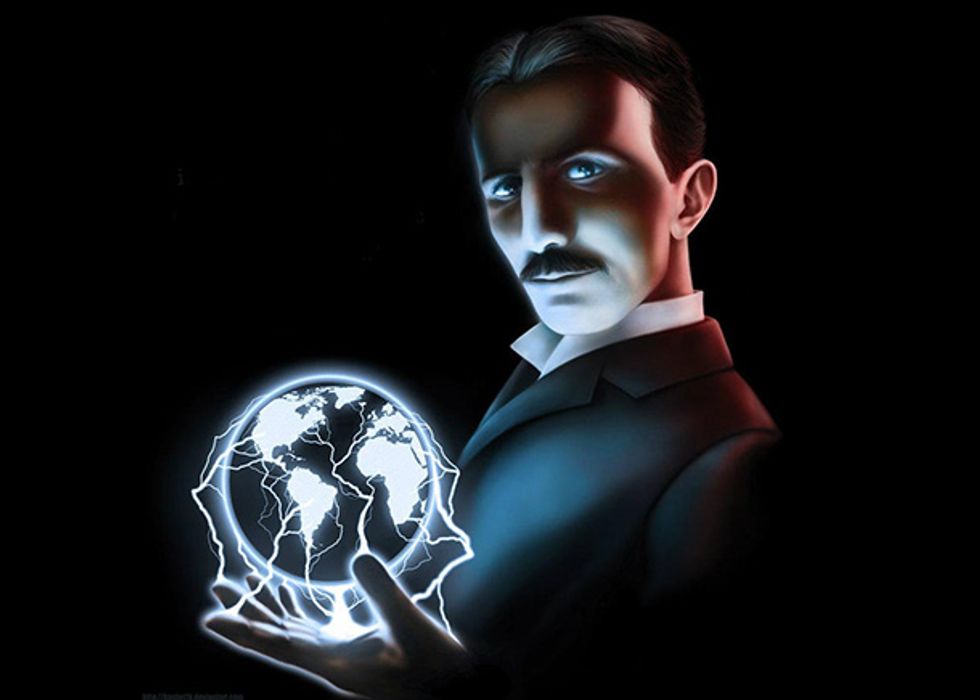
Unfortunately, Tesla's investors had little interest in his inventions and the manufacturing side of his company. They quickly opted out, and began only being an electricity utility service -- dropping Tesla and leaving him penniless. Taking his technology and hard work with them, patents in hand.
For awhile, Tesla had to work at various electrical repair jobs and as a ditch digger for just $2 per day. Whatever he had to do to put food on the table and get by.
In Tesla's autobiography, he would recount this hardship in 1886 by saying, "My high education in various branches of science, mechanics and literature seemed to me like a mockery."
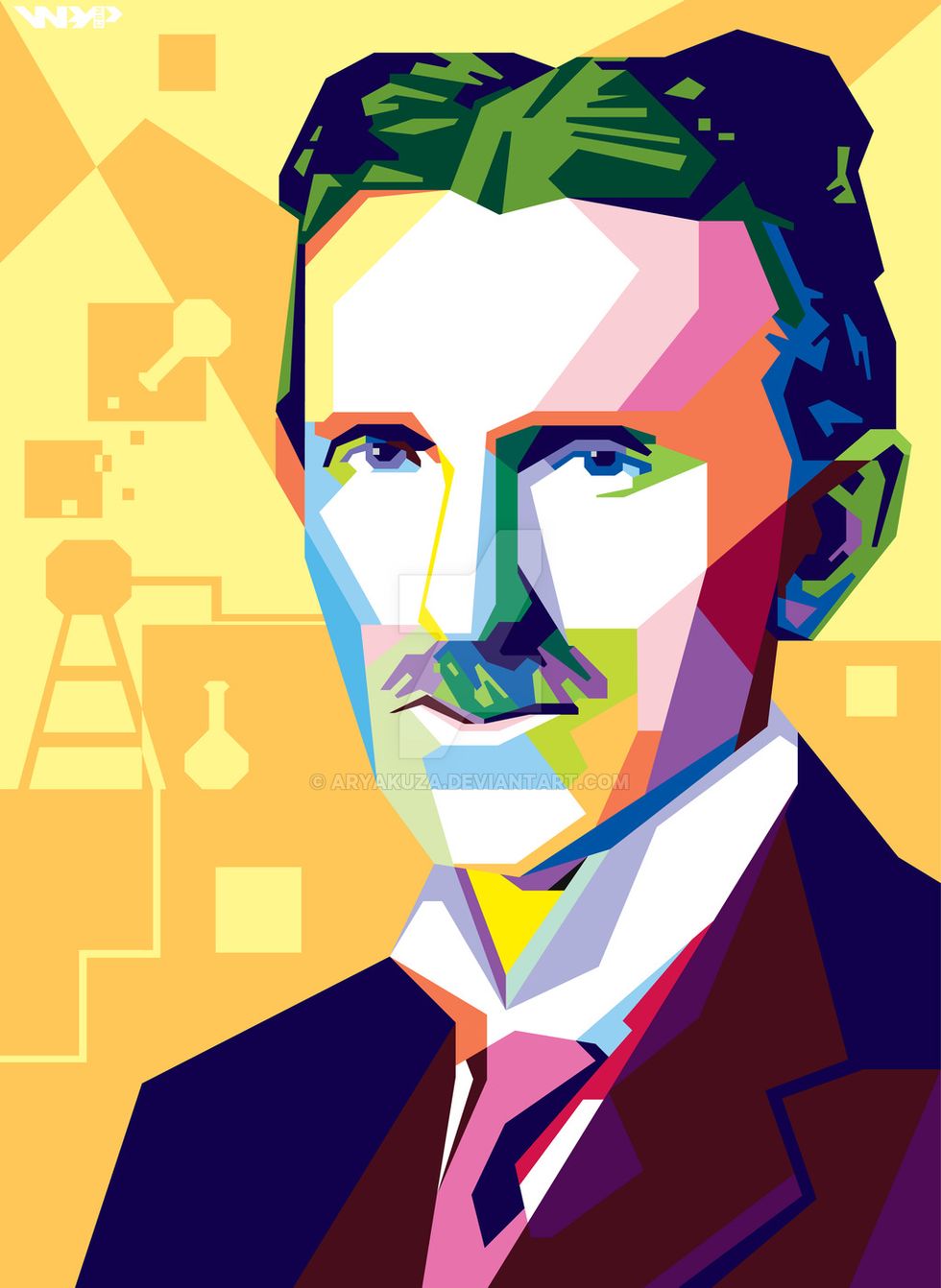
While many would give up, Tesla continued to look for any investors willing to take a chance on him and his inventions.
In late 1886, Tesla met with a Western Union superintendent and a man by the name of Charles Peck. The two were experienced in business start-ups and agreed to back Tesla, and handle his patents.
Together, they formed Tesla Electric Company in April of 1887. Tesla developed an induction motor that ran on alternating current, "a power system format that was rapidly expanding in Europe and the United States because of its advantages in long-distance, high-voltage transmission."

The induction motor was preferred over its competitors because it was efficient, required less maintenance and was self-starting.
Westinghouse Electric and Manufacturing Company became interested in Tesla's new technology -- specifically for his viable AC motor and related power system.
In July 1888, Brown and Peck negotiated a licensing deal with George Westinghouse for Tesla's polyphase induction motor and transformer designs for $60,000 in cash and stock and a royalty of $2.50 per AC horsepower produced by each motor.
The electrical industry was in a "War of Currents." Westinghouse, Edison and Thompson-Houston were all in extreme competition, constantly under-cutting each other.
Electricity was a new and thriving industry -- there was a great deal of money to be made and all of the companies involved knew this -- including Tesla, who was now on all of the electricity monopolies' eye.
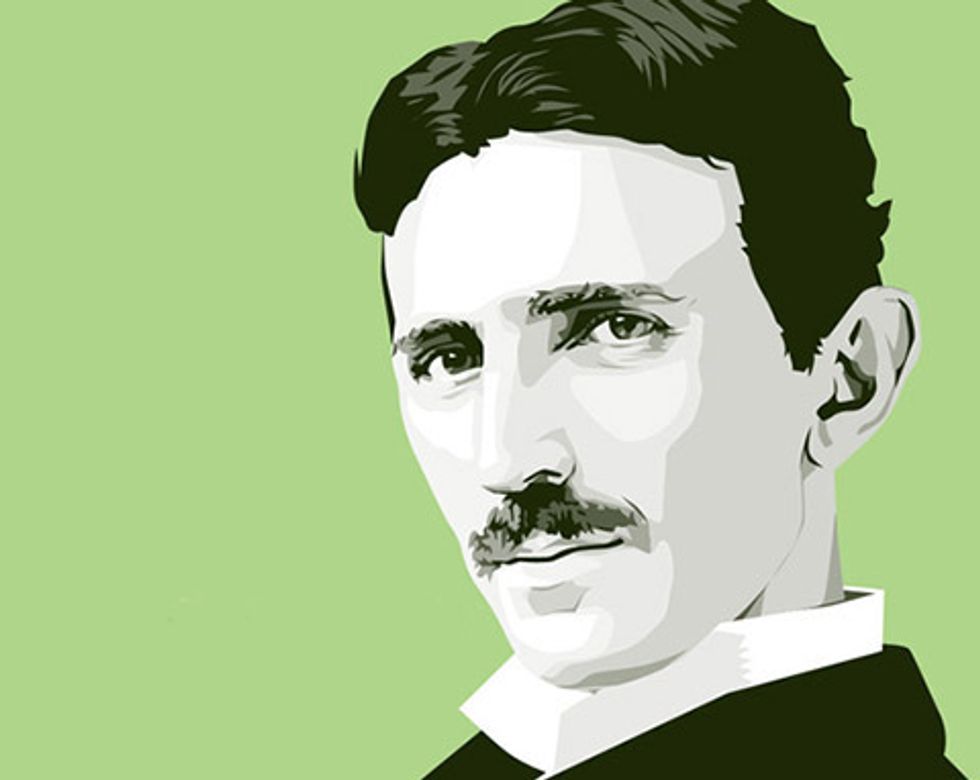
According to Wikipedia, the Westinghouse Electric company began having financial troubles in the late 1880s, and Tesla's per motor contract was canceled.
"Tesla agreed to release the company from the royalty payment clause in the contract, and 6 years later Westinghouse would purchase Tesla's patent for a lump sum payment of $216,000 as part of a patent sharing agreement signed with General Electric (a company created from the 1892 merger of Edison, and Thompson-Houston)."
What did this mean for Tesla exactly? Westinghouse and General Electric were now the sole holders and manufacturers of his design.
With the money he made from Westinghouse and selling his patents, he went on to pursue his true passion -- science.
Tesla set up laboratories in New York City and hired staff to help him conduct experiments. Some of Tesla's best work was done here.
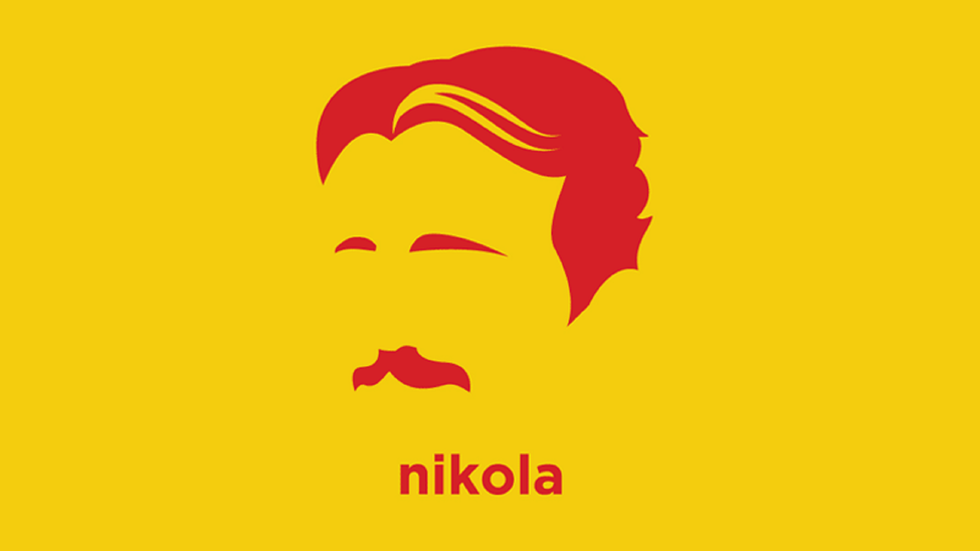
Tesla had began experimenting with electromagnetic radiation, and created the famous Tesla Coil.
In 1893 he began building the world's first power station at Niagara Falls, which when fired up, launched grid electricity on a wire.
Gravity Control writes, "It is Nikola Tesla who now allows us heat, light and power from a central grid. Strangely, the name, Nikola Tesla, does not appear in America's education system. The schoolbooks all read Edison."
For the third time, Edison and related companies took credit for Tesla's work, and is still falsely taught across the country as such.
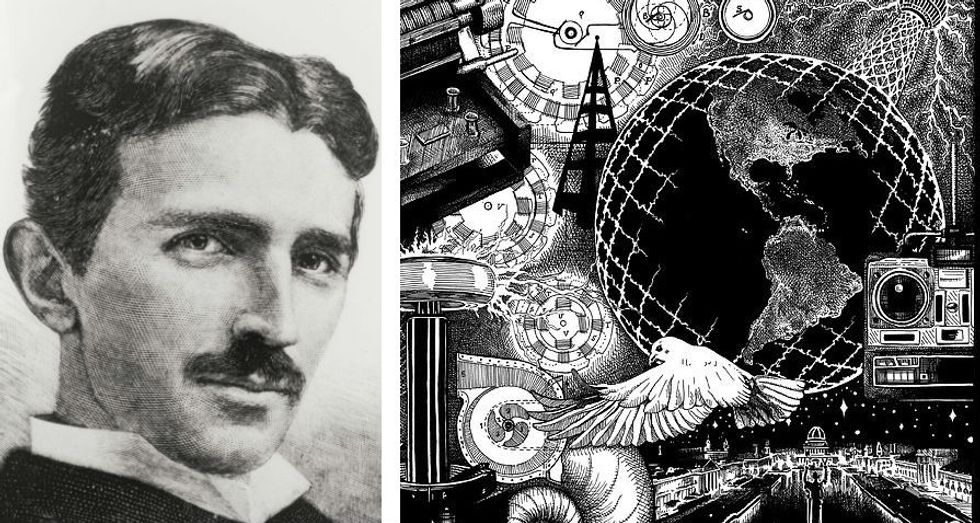
In the early morning hours of March 13, 1895, Tesla's lab in New York was burnt down in a fire. It set him back a great deal on his on-going projects at the time, as well as causing him to lose collections of notes, models, demonstrations, etc. going all the way back to his early years.
Still, Tesla did not let this stop him. His curiosity and and passion for science kept him going.
In 1894, Tesla began experimenting with what he called, "radiant energy of invisible kinds." He began his quest for answers after he accidentally damaged film of previous experiments and accidentally took, what we now know as, an X-Ray.
While Wilhelm Röntgen is the 'official' father of radiology and the X-Ray, Tesla inadvertently beat him to punch by a year.
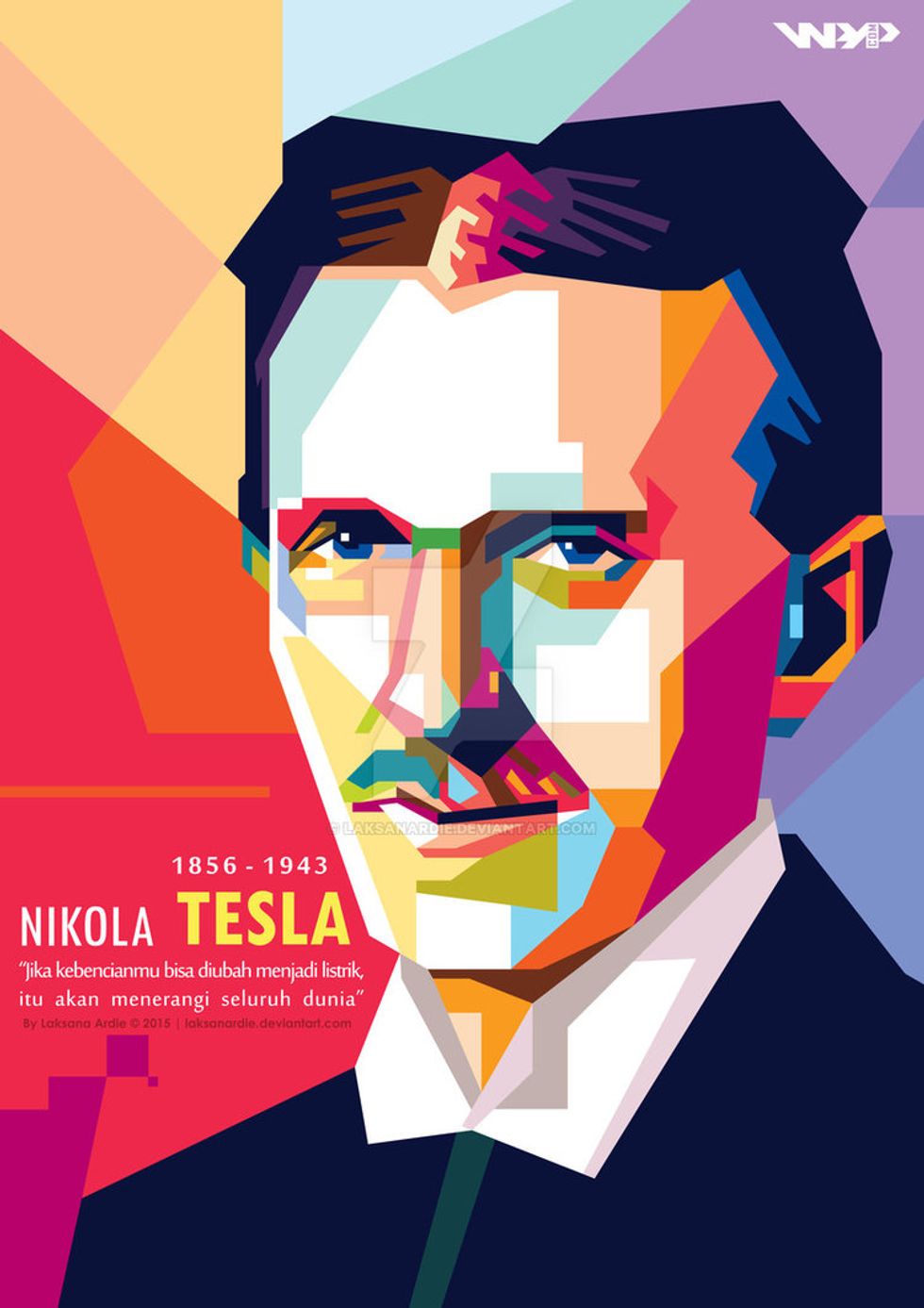
In 1898, Tesla went to Madison Square Garden and demonstrated a boat that was controlled through a wireless remote. The crowd had never seen such a thing at the time and accused Tesla of even using magic or telepathy to control the boat.
Tesla tried to sell his idea to the U.S. Military in the form of a wireless controlled torpedo, but they had no interest at the time, for whatever reason.
Tesla continued to push for wireless power -- he knew it was the future of electricity and engineering as we knew it.
From the 1890s to early 1900s, he spent most of his time (and fortune) on experimenting with wireless power and communications. He envisioned a world which ran on wireless energy, where everyone would have a personal, hand-sized device that could be used for communication off of the wireless electricity networks.
Sound familiar?
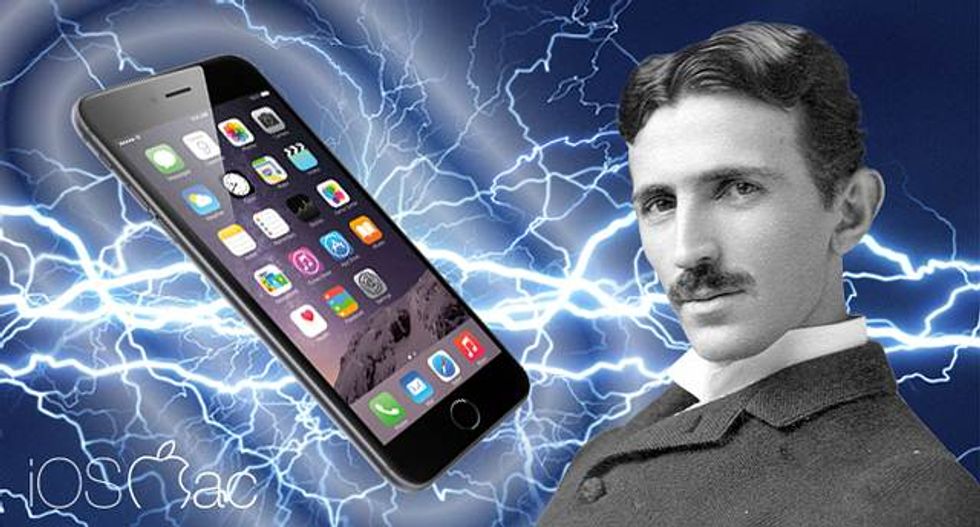
Tesla envisioned and laid the ground work for the world and technology we have and use today on a daily basis.
Basically, Tesla was a man living before his time -- imagining and designing a world years decades in the future.
In fact, Hertz and others were still experimenting with 'radio waves' just to produce light. Tesla knew, and tried to tell people, that, "They were totally worthless for his (Hertz) intended purposes." It was Tesla who began using them for radio and controlling things wirelessly.
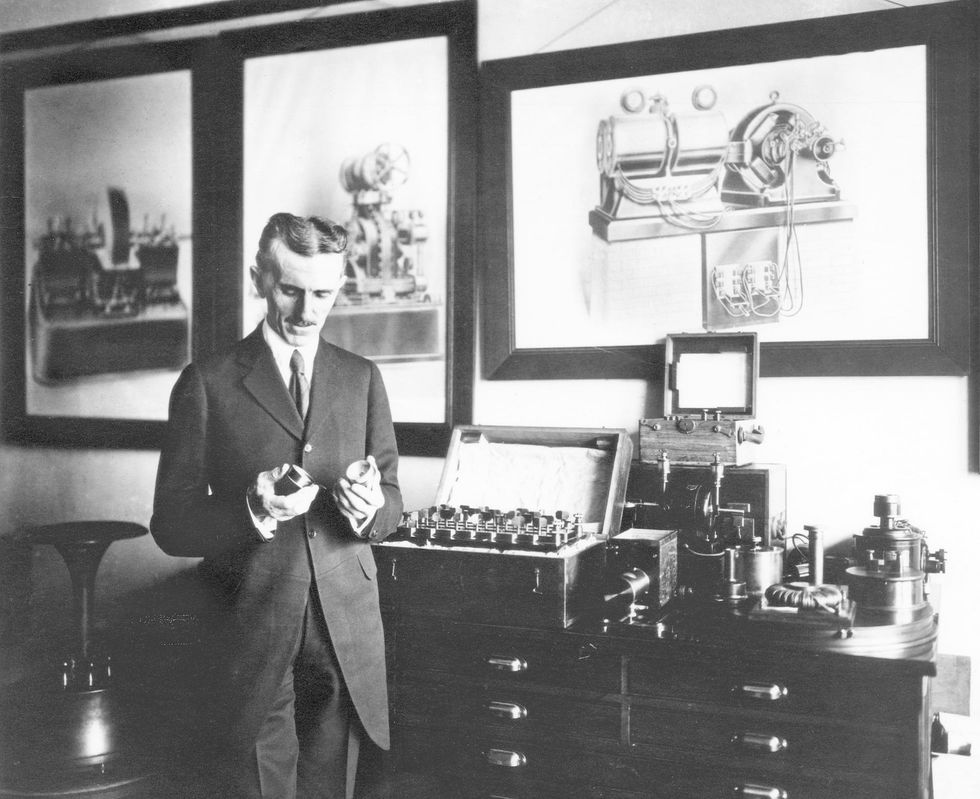
Tesla, with the help of JP Morgan, built a tower that used the natural frequencies of our universe to transmit data, including a wide range of information communicated through images, voice messages and text.
The tower would also provide free wireless electricity to anyone in the area, simply by sticking a rod in the ground – or at least that was the idea.
Tesla never got to fully complete the project, but according to his notes and documents, he was 'very close.'
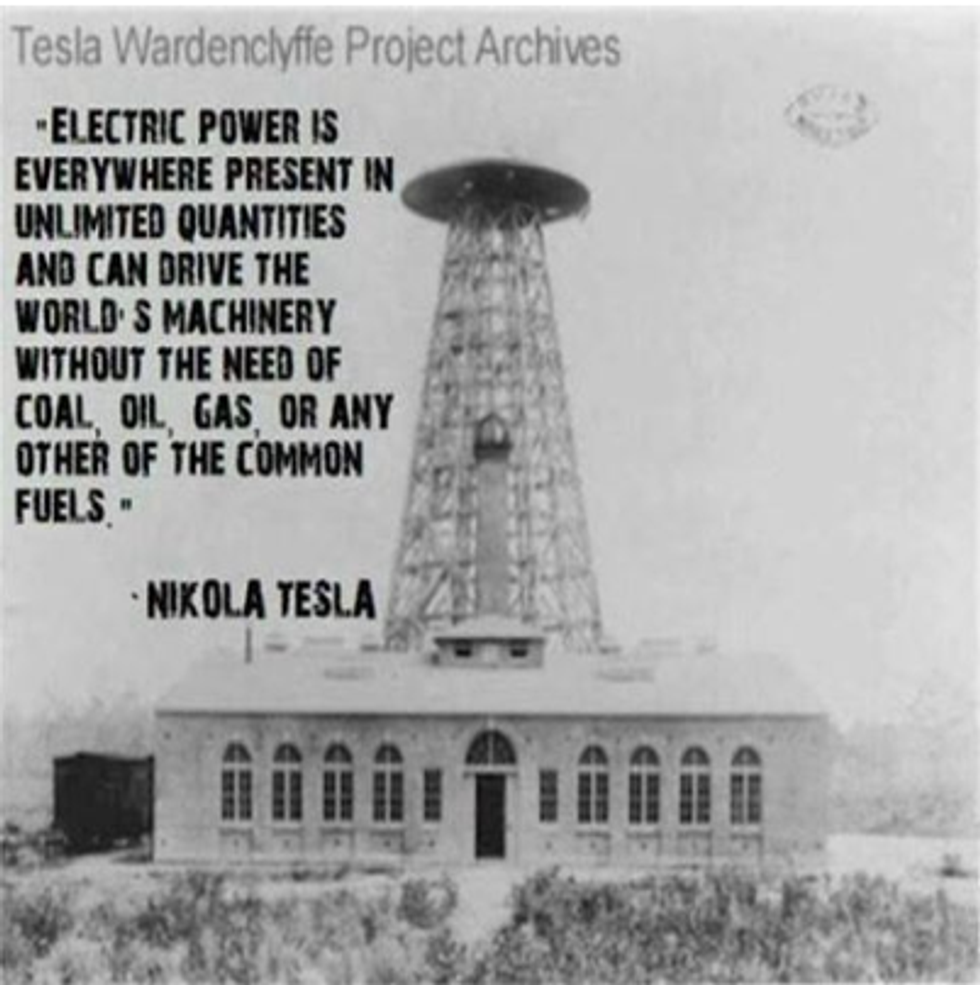
All in all, during Tesla's 86 years on this planet, he contributed and is essentially to thank for wireless controls, wireless communication, radio waves, X-Rays, electricity, and so much more.
According to myths, he may have even invented a 'death ray' and an 'earthquake machine.' He even had patents on wireless, military-grade, flying torpedos.
Some believe he created a land vehicle that ran on nothing but Earth's gravity, and that the U.S. government hid the invention, because there was no long term money to be made on it.
How would the government make money on a vehicle that did not run on oil or electricity?
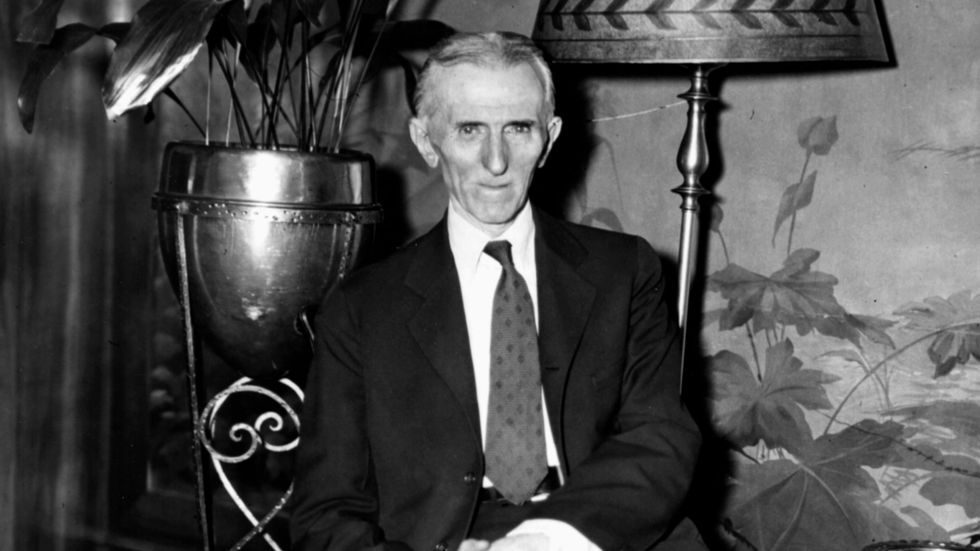
Two days after Tesla's death, the Federal Bureau of Investigation ordered the Alien Property Custodian to seize all of Tesla's belongings, even though Tesla was an American citizen. This is when some believe the bike-like gravity vehicle and multiple other inventions were taken and hidden by the government.
Of course, there is no solid proof of this, though.
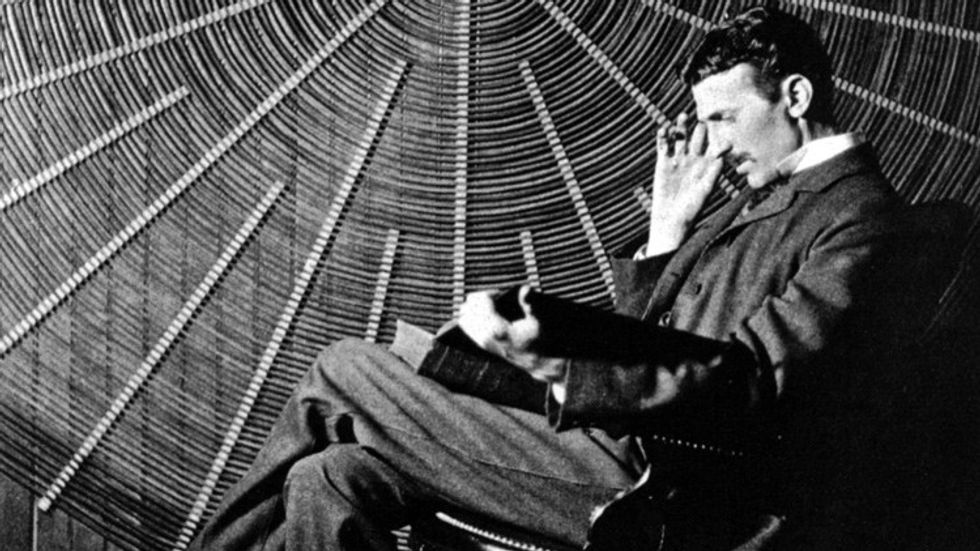
He was a strange man, with extreme Obsessive Compulsive Disorder. He had to wash his hands three times, or walk around a building three times before entering it. He refused to speak to women who wore pearls, and was obsessed with fashion and his appearance. He thought sex would hinder all scientists' work, and refused to get married. He thought time alone was needed for people with intelligence. Although, he did fall in love with a pigeon once.
Tesla was indeed intelligent, though. He could memorize any book he read, and start reciting it at a moment's request. He spoke eight languages -- Serbian, English, Czech, German, French, Hungarian, Italian, and Latin. He could visualize devices in his head and build them without ever writing a thing down (another reason why verifying some of his findings is so difficult).
He was a brilliant man. A genius who lost most of his patents and work to money-hungry monopolies. He paved the way to technical advances we have today, and the world as we know it.
It's time Tesla starts getting the recognition he deserves.

